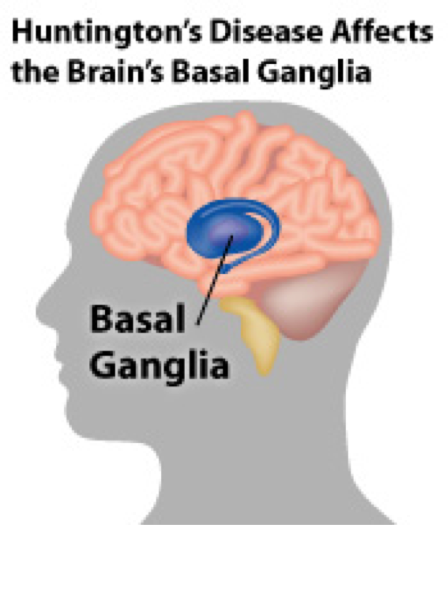Sign up for FlowVella
Sign up with FacebookAlready have an account? Sign in now
By registering you are agreeing to our
Terms of Service
Loading Flow

Some of the symptoms include:
poor memory
depression
mood swings
lack of coordination
twitching or other uncontrolled movements
difficulty walking
difficulty speaking
difficulty swallowing
Behavior changes may occur before movement problems, and can include:
Behavioral disturbances
Hallucinations
Irritability
Moodiness
Restlessness or fidgeting
Paranoia
Psychosis
Abnormal and unusual movements include:
Facial movements, including grimaces
Head turning to shift eye position
Quick, sudden, sometimes wild jerking movements of the arms, legs, face, and other body parts
Slow, uncontrolled movements
Unsteady gait
Dementia that slowly gets worse, including:
Disorientation or confusion
Loss of judgment
Loss of memory
Personality changes
Speech changes
Additional symptoms that may be associated with this disease:
Anxiety, stress, and tension
Difficulty swallowing
Speech impairment
Symptoms in children:
Rigidity
Slow movements
TremorIn the late stages of the disease, a person will need help doing even simple tasks, such as getting dressed.

Huntington's disease affects the part of the brain that controls thinking, emotion, and movement. Most people who have the disease start to see symptoms between the ages of 30 and 50 (but symptoms can appear earlier or later in life). The disease gets worse over time.